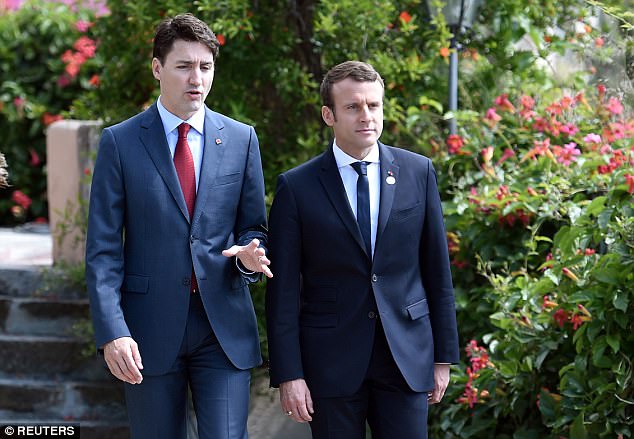|
Published in The National
Saudi Arabia’s third-quarter economic results were mixed. On the positive side, the fiscal balance improved: the 2017 deficit is expected to shrink to 8.6 per cent of GDP, compared to two consecutive years of over 15 per cent; while on the negative side, the IMF projected an anaemic growth rate of 0.1 per cent for the economy. These results have ignited a debate that is common to residents of western economies: is the government right to pursue austerity policies, or should it look to loosen the purse strings to stimulate the economy? The unconventional structure of Saudi Arabia’s economy means that answering this question requires a novel suite of analytical tools. Continue
0 Comments
Published on the MEPC blog
In the wake of falling oil prices, Saudi society now needs a greater economic contribution from its regular citizens, outside the purview of what the government directly organizes—a point that Vision 2030 explicitly makes. In particular, one of the goals is: “Attaining a higher rank in the social capital index;” social capital is a measure of the extent to which citizens are connected to each other independently of the government, and of the degree to which they trust one other. How can Saudi Arabia build its social capital? Continue Published in The National
Last week's dramatically-launched anti-corruption drive in Saudi Arabia has left people in shock. But such big surprises are becoming regular fare as Crown Prince Muhammed Bin Salman and the country's government steadfastly pushes forward with the Vision 2030. What should we expect next? Continue Article: "Economics 101: What lies behind the Arabian Gulf states’ appetite for mega projects?"11/5/2017 Published in The National
In October, Saudi Arabia announced its latest mega project, Neom, a US$500 billion city that could transform the economy and culture of the kingdom’s Red Sea coast. Like other Arabian Gulf countries, most notably the UAE, Saudi Arabia has an affinity for reforming its economy with high-profile mega projects, far removed from the mundane nature of state-led economic activity in western economies. What accounts for this Gulf idiosyncrasy? Continue Published in The National
Austria’s Sebastian Kurz, 31, has become the world’s youngest national leader. He joins a contemporary phalanx of unusually youthful global policymakers that includes Saudi Arabia’s crown prince Muhammad Bin Salman (32), France’s Emmanuel Macron (39) and Canada’s Justin Trudeau (45), not to mention business leaders such as Facebook's Mark Zuckerberg (33), Tesla's Elon Musk (46) and Google's Larry Page (44). What does research suggest about the relationship between age and leadership? Continue |
Omar Al-Ubaydli
This is where you can find all my articles, as well as some of my interviews and media mentions Archives
June 2020
Categories
All
|





 RSS Feed
RSS Feed